The first Vietnam Private Higher Education Forum (FOVPHE1) with the theme "Opportunities and missions of Vietnam's private higher education in the era of national development" took place at Hung Vuong University, Ho Chi Minh City on November 11, raising many issues about the current situation, opportunities, and challenges of the private university sector.
The problem of "preserving identity and improving stature"
According to Dr. Tran Viet Anh, Permanent Vice Chairman of the University Council, Vice Principal in charge of Hung Vuong University, Ho Chi Minh City, the forum was held at a time of special significance, when the Politburo had just issued two strategic resolutions: Resolution No. 71-NQ/TW on breakthroughs in education and training development; Resolution No. 68-NQ/TW on private economic development.
These two resolutions not only demonstrate the Party's profound and modern vision in the context of the country's strong development, but also clearly position the role of private higher education as an important force - both supplementing and promoting the development of the knowledge economy , and at the same time being a driving force for innovation and national digital transformation.
Mr. Viet Anh raised a series of key issues for the private university sector: How can the private university sector truly become a pillar of national innovation? How can private schools maintain their own identity while meeting the needs of developing high-quality human resources for the country? More importantly, how can private educational institutions join forces - connect - and raise their position in the national and regional higher education ecosystem?
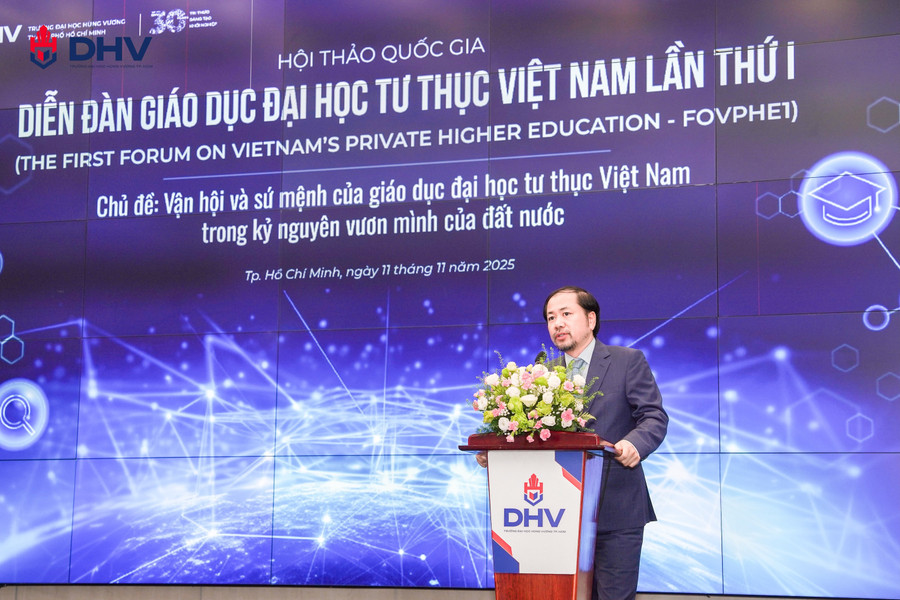
Dr. Tran Viet Anh, Vice Principal in charge of Hung Vuong University, Ho Chi Minh City, spoke at the forum.
In his opening speech, Prof. Dr. Nguyen Dinh Duc, Chairman of the Vietnam Higher Education Quality Assurance Network Club, emphasized that the practice of developing higher education in the world has proven the role and great potential of the private university sector.
Many international private universities have risen to leading positions in a number of fields, becoming important drivers of innovation and knowledge-based economic development.
He cited Stanford University (USA), after World War II, focused on developing engineering and technology fields, contributing to the formation of many start-up companies and laying the foundation for Silicon Valley - the world's leading technology center. Currently, Stanford ranks 3rd in the world according to the QS rankings.
Besides, Waseda University (Japan), a prestigious private university in training in economics and social sciences - is holding the 196th position in the world.
In South Korea, the two top private universities, Yonsei University and Korea University, are ranked 50th and 67th in the world, respectively, and 2nd and 3rd nationally, just behind Seoul National University.
According to Professor Duc, the successes and leading roles of private universities around the world are clear evidence of the strong development potential of the private university sector in Vietnam.
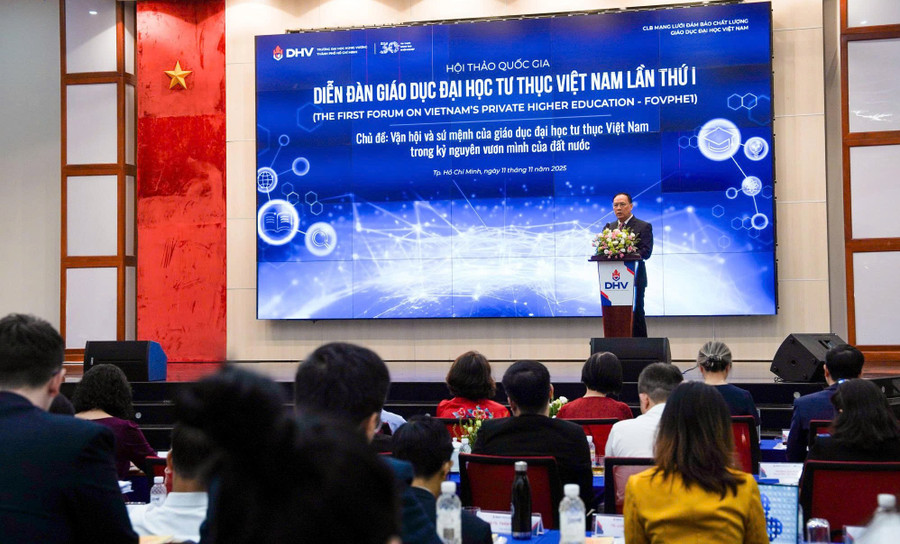
Prof. Dr. Nguyen Dinh Duc, Chairman of the Vietnam Higher Education Quality Assurance Network Club, delivered a keynote speech at the forum.
Full of difficulties and challenges
Many experts at the forum clarified the opportunities and challenges of the private university education system in the new development stage.
Associate Professor Dr. Dao Thi Thu Giang, Principal of Dai Nam University, said that the private university system is currently facing three major challenges.
First is the issue of finance and facilities. The revenue of private schools still depends mainly on tuition fees while operating costs are high, especially the cost of investing in facilities, training and research equipment.
Second, human resources are limited. Private schools lack good teachers because their remuneration and attraction policies are not competitive enough.
Third is reputation and governance. Most schools still operate in a traditional way, lacking flexibility and failing to enhance academic reputation in society, making private universities often the second choice of candidates after the public sector.
Adding a perspective from the policy aspect, Prof. Dr. Nguyen Loc, former Director of the Vietnam Institute of Educational Sciences, former Rector of Ba Ria - Vung Tau University, introduced the concept of "blurred borders", which is considered one of the reasons hindering the development of private higher education in Vietnam.
According to him, “blurred boundaries” are the blurred boundaries between the public and private sectors, making the role, mission and autonomy of private schools unclear. This phenomenon is reflected in many aspects such as finance, administration, mission, accreditation and cooperation.
Previously, public schools operated mainly on the state budget and private schools relied on tuition fees, but now both are a mix of public and private resources. Similarly, the administrative governance model of public schools and the flexible governance model of private schools are also gradually blending as both apply university autonomy mechanisms and approach entrepreneurship thinking.

Professor Nguyen Loc believes that, for sustainable development, solutions for private higher education need to be built on a mutually supportive relationship with public higher education, instead of being completely separate. In Vietnam, the more clearly the “blurred borders” are, the more difficult it is for the private sector to break through.
He proposed that minimizing "blurred margins" should start from management perspectives and policies, specifically: Not overemphasizing the advantages of the non-profit private university education model; Not considering financial autonomy (self-guaranteeing all operating costs) as a prerequisite for being recognized as an autonomous university.
The solution from quality
In their speeches at the forum, Dr. Yunus Khatri (RMIT University) and Dr. Nguyen Kim Dung (East Asia Education Quality Assessment Center) shared the same view that "quality is the heart of higher education", and affirmed that quality assurance is the strategic lever to help private universities transform, affirm their brands and integrate sustainably.
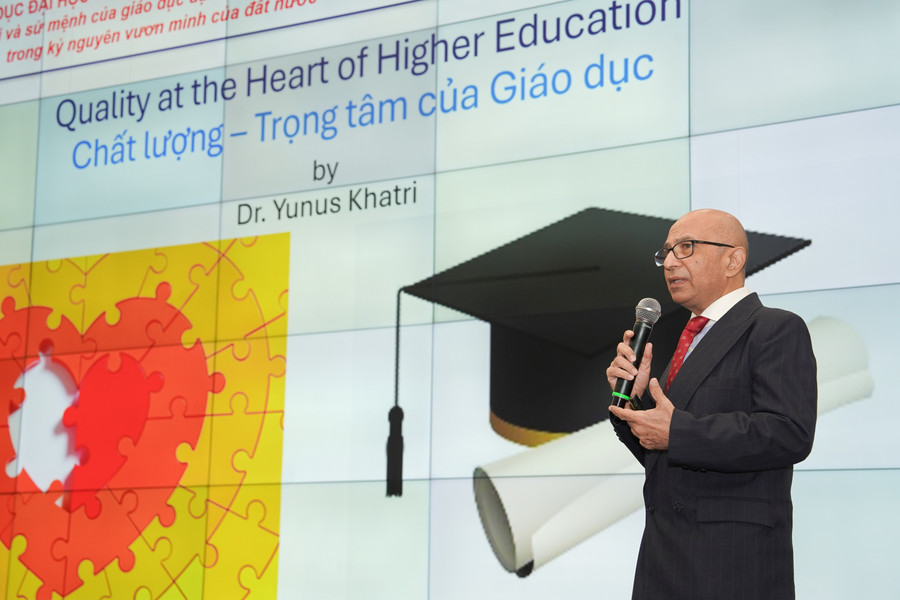
Dr. Nguyen Kim Dung believes that the mission of private universities is not just a statement, but a commitment that can be transformed into measurable goals and action plans.
Schools' visions need to be feasible and have a clear strategic roadmap, linked to each stage of development.
At the end of the forum, Professor Nguyen Dinh Duc said that with flexible and autonomous mechanisms and especially the support of businesses, private universities have many advantages for development.
He emphasized that schools need to take training quality, scientific research quality and innovation as the guiding principle for their operations, aiming to serve the development of businesses and the country.
In addition to building a multi-disciplinary and multi-field model, schools need to focus on improving input and output quality, closely linking training with research and meeting the human resource needs of domestic and foreign enterprises.
At the same time, it is necessary to focus on developing STEM, foreign languages, artificial intelligence (AI) and soft skills for students; boldly invest in research, facilities, infrastructure and talent attraction, form strong research groups, centers of excellence and strategic technology fields.
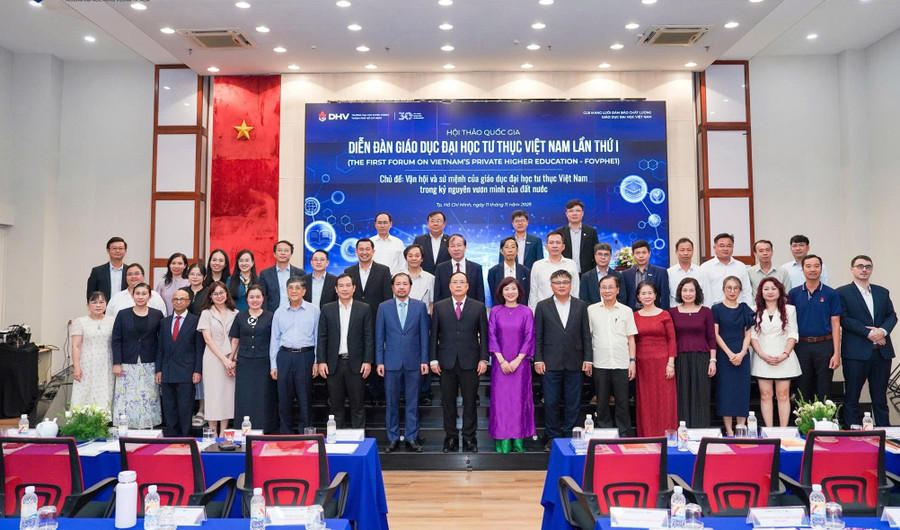
Realizing these orientations will help private universities accompany and contribute to creating breakthroughs, actively contributing to the implementation of Resolution 57-NQ/TW, Resolution 59-NQ/TW, Resolution 68-NQ/TW and Resolution 71-NQ/TW of the Politburo on science and technology, international integration, private economic development and innovation in education and training.
FOVPHE1 is jointly organized by Hung Vuong University, Ho Chi Minh City, Vietnam Higher Education Quality Assurance Network Club and a number of private higher education institutions, bringing together speakers, experts and scientists from many higher education institutions across the country.
Source: https://giaoducthoidai.vn/dai-hoc-tu-thuc-lam-the-nao-de-tro-thanh-tru-cot-giao-duc-post756296.html



![[Photo] Prime Minister Pham Minh Chinh attends a conference to review one year of deploying forces to participate in protecting security and order at the grassroots level.](https://vphoto.vietnam.vn/thumb/1200x675/vietnam/resource/IMAGE/2025/11/12/1762957553775_dsc-2379-jpg.webp)


![[Photo] Highways passing through Dong Nai](https://vphoto.vietnam.vn/thumb/1200x675/vietnam/resource/IMAGE/2025/11/12/1762940149627_ndo_br_1-resize-5756-jpg.webp)




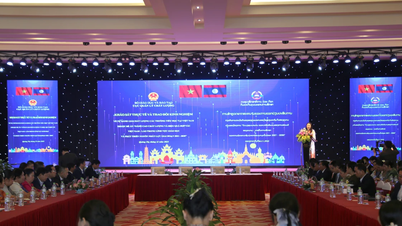










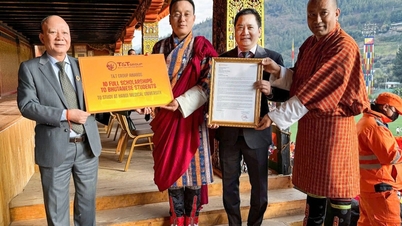

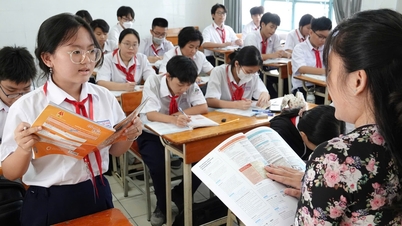

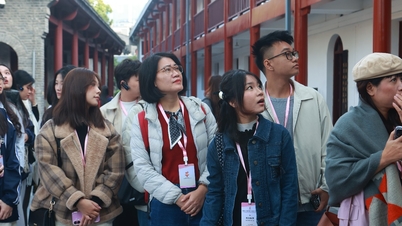






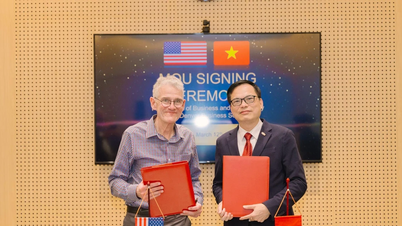

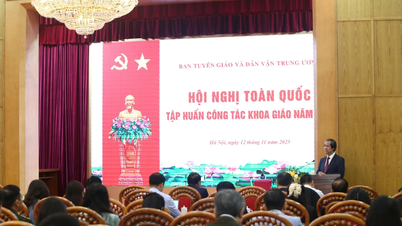
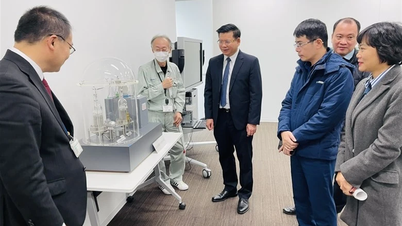
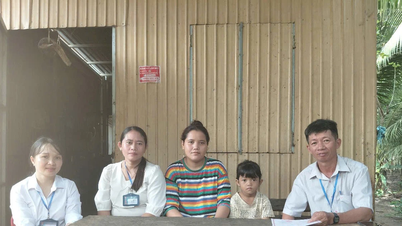


































































![Dong Nai OCOP transition: [Article 3] Linking tourism with OCOP product consumption](https://vphoto.vietnam.vn/thumb/402x226/vietnam/resource/IMAGE/2025/11/10/1762739199309_1324-2740-7_n-162543_981.jpeg)







Comment (0)